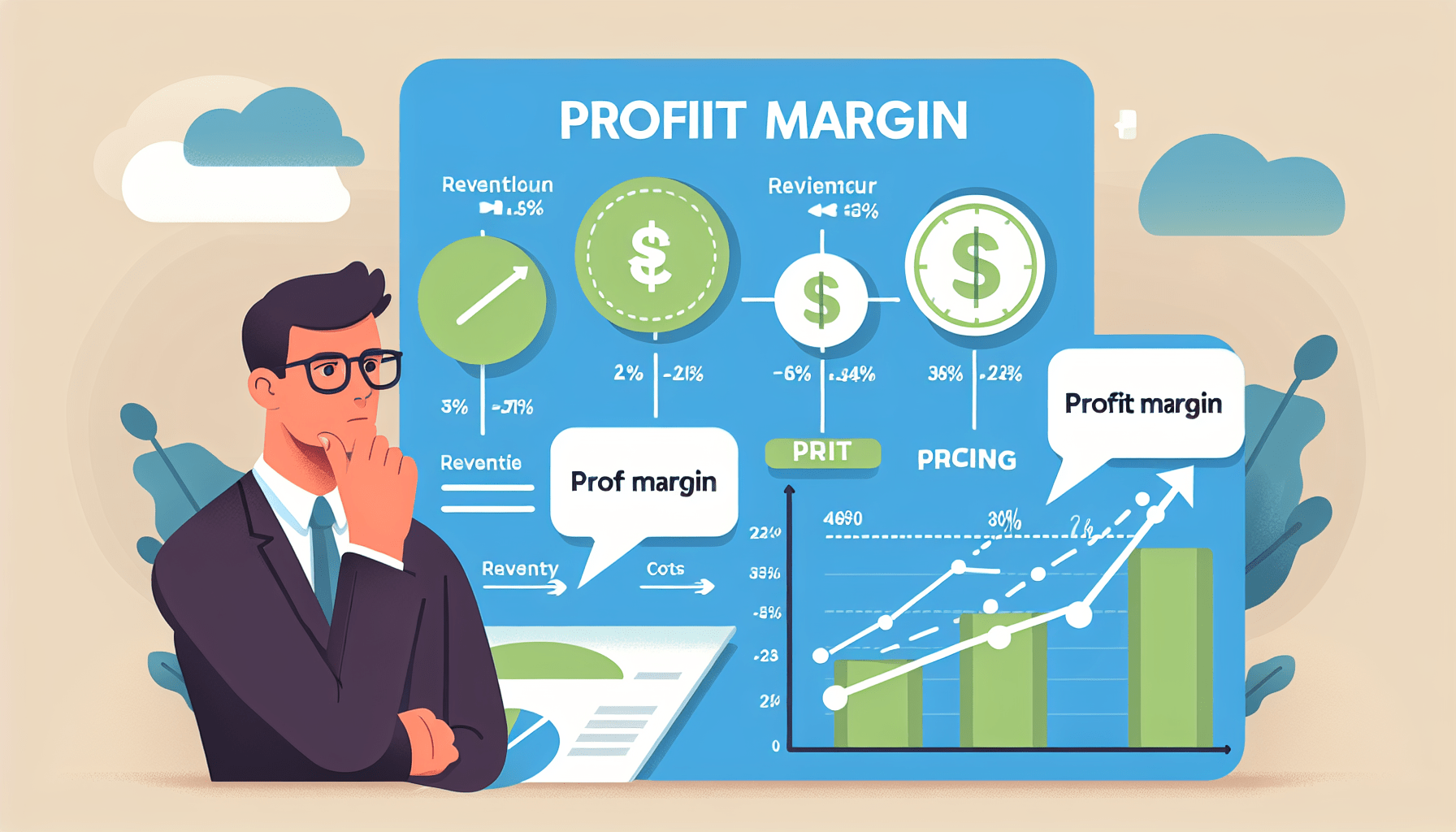What Three Criteria Must Be Met In Order For Business Expenses To Be Deductible?
In order for business expenses to be deductible, there are three key criteria that must be met. Firstly, the expenses must be ordinary and necessary for your business operations. This means that they should be commonly accepted in your industry and essential for the smooth running of your business. Secondly, the expenses must be directly related to your business. This means that they must have a clear and direct connection to the generation of income. Lastly, the expenses must be adequately documented and substantiated with proper records and receipts. By meeting these three criteria, you can ensure that your business expenses are deductible and can optimize your tax deductions.
Ordinary and Necessary
Definition of Ordinary and Necessary Expenses
In order for business expenses to be deductible, they must meet the criteria of being ordinary and necessary. Ordinary expenses refer to those that are common and accepted in the specific industry or trade. These expenses are typically incurred by businesses in the normal course of their operations. Necessary expenses, on the other hand, are those that are considered essential for the business to operate efficiently and effectively. They are expenses that would be helpful and appropriate for the business, given its nature and industry.
Test for Ordinary and Necessary Expenses
To determine if an expense is ordinary and necessary, the IRS uses a test that involves evaluating whether the expense is:
- Common and accepted in the industry or trade
- Helpful and appropriate for the business
- Directly related to the business
By meeting these criteria, business expenses can be considered ordinary and necessary, making them eligible for deduction.
Business Purpose
Exclusive Business Use
For expenses to be deductible, they must have an exclusive business purpose. This means that they are incurred solely for business-related activities and not for personal use. Expenses that are used for both personal and business purposes may not be fully deductible unless the business use is substantial and identifiable.
Directly Related to Business
Expenses must also be directly related to the business in order to be deductible. This means that there must be a clear and direct connection between the expense and the business, and that the expense must be necessary for the business to operate. Expenses that are only indirectly related, such as those that provide a general benefit to the business, may not be fully deductible.
Primary Purpose Test
The primary purpose test is another criterion that must be met for business expenses to be deductible. This test evaluates whether the primary purpose of an expense is for the operation of the business. If an expense serves a dual purpose, with one being personal in nature, the primary purpose must still be for business in order to be deductible.

Substantial Business Connection
Proximity Test
The proximity test is used to determine if an expense has a substantial business connection. This test assesses the proximity between the expense and the business in terms of time, place, and relationship. The expense should be closely connected to the business and not be too remote or unrelated.
Regular and Continuous Test
The regular and continuous test evaluates the frequency and consistency of the business expense. To be deductible, the expense must be incurred on a regular and ongoing basis, and not just as a one-time occurrence. It should also be a necessary and ordinary expense for the business. This test ensures that the expense is a legitimate and ongoing business cost.
Actual Expenses vs. Capital Expenses
Definition of Actual Expenses
Actual expenses refer to the costs that are directly associated with the day-to-day operations of the business. These expenses are typically deductible in the year they are incurred. Examples of actual expenses include office supplies, utilities, rent, and wages.
Definition of Capital Expenses
Capital expenses, on the other hand, are costs that are incurred to acquire, improve, or extend the life of a capital asset. These expenses are not fully deductible in the year they are incurred but must be capitalized and depreciated over the useful life of the asset. Examples of capital expenses include the purchase of equipment, vehicles, or property.

Meeting the Recordkeeping Requirements
Maintaining Accurate Records
To support the deductibility of business expenses, it is crucial to maintain accurate and detailed records. This includes keeping receipts, invoices, bank statements, and any other documentation that verifies the expense. Accurate records allow businesses to provide evidence of the ordinary and necessary nature of the expenses, as well as the amount and time of their occurrence.
Required Documentation
The IRS requires specific documentation for different types of expenses. For example, for travel expenses, businesses must maintain records of the dates of travel, destination, purpose of the trip, and related expenses. For entertainment expenses, businesses must document the nature of the activity, the business relationship of the individuals involved, and the amount spent. It is important to familiarize oneself with the specific documentation requirements for each type of expense to ensure compliance.
Business vs. Personal Expenses
Distinguishing Business and Personal Expenses
Distinguishing between business and personal expenses is crucial for proper expense deduction. Business expenses are those that are incurred solely and exclusively for the purpose of the business, while personal expenses are those that provide personal benefit or enjoyment. Keeping personal and business finances separate and using separate accounts can help in clearly identifying and tracking business expenses.
Personal Expenses Not Deductible
Personal expenses, by nature, are not deductible and should not be included in business deductions. Common examples of personal expenses include groceries, clothing, vacations, and personal vehicle expenses. It is important to carefully review and categorize expenses to ensure that only legitimate business expenses are claimed.
Exceptions and Special Rules
Home Office Deduction
The home office deduction is a special rule that allows individuals who use a portion of their home exclusively for their business to deduct certain expenses related to the home office. To qualify, the home office must be the principal place of business, used regularly and exclusively for business purposes, and it must be either the place where the individual meets with clients or customers or a separate structure that is used for business purposes.
Travel and Entertainment Expenses
Special rules apply to the deduction of travel and entertainment expenses. These expenses must have a clear business purpose and be directly related to the active conduct of the business. Deductions for meals and entertainment are generally limited to 50% of the expenses incurred, and strict documentation requirements must be met to support the deduction.
Startup and Organizational Costs
Start-up and organizational costs are expenses incurred in setting up or organizing a new business. These types of costs can be deducted, but they are subject to certain limitations and must be amortized over a specific period of time. It is important to consult with a tax professional or refer to IRS guidelines for the specific rules and requirements related to start-up and organizational costs.
Timeliness of Deduction
Relevance of Timeliness
The timeliness of deductions is an important aspect of claiming business expenses. Expenses must be deducted in the year they are incurred, or they may be disallowed. It is crucial to keep accurate records of the date of the expense and to deduct it in the appropriate tax year. Failing to do so may result in the loss of the deduction.
Filing Deadlines
Business expenses must be deducted in the tax year in which they are incurred. For individuals, this typically means deducting expenses on their personal tax return. The filing deadline for individual tax returns is usually April 15th, unless an extension is requested. It is important to file taxes on time and meet all relevant deadlines to ensure the proper deduction of business expenses.
Other Limitations on Deductions
Excessive Compensation
Deductions for employee compensation are subject to certain limitations. The amount of compensation that can be deducted must be reasonable and customary for the services provided. Excessive compensation may be disallowed as a deduction or subject to scrutiny by the IRS. It is important to ensure that employee compensation is reasonable and in line with industry standards.
Related Party Transactions
Transactions with related parties, such as family members or businesses owned by the taxpayer, are subject to additional scrutiny by the IRS. The expenses incurred in these transactions must be ordinary and necessary, and any payments made must be for legitimate business purposes. It is crucial to document and justify the business purpose of these transactions to avoid potential challenges from the IRS.
Common Mistakes to Avoid
Improper Categorization of Expenses
One common mistake is improper categorization of expenses, which can lead to erroneous deductions. It is important to carefully review and categorize each expense according to its proper classification. This ensures that only legitimate business expenses are claimed and improper deductions are avoided.
Lack of Sufficient Documentation
Another common mistake is a lack of sufficient documentation to support business expenses. Accurate and detailed records are essential for proving the legitimacy of expenses and their qualification for deduction. Without proper documentation, the IRS may disallow the deduction, resulting in potential penalties and interest.
In conclusion, three criteria must be met for business expenses to be deductible: they must be ordinary and necessary, have a substantial business connection, and be properly documented. By understanding and meeting these criteria, businesses can ensure the proper deduction of their expenses and minimize their tax liability. It is important to consult with a tax professional or refer to IRS guidelines for specific rules and requirements related to business expense deductions.


